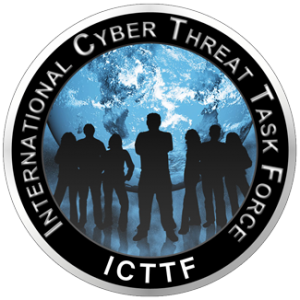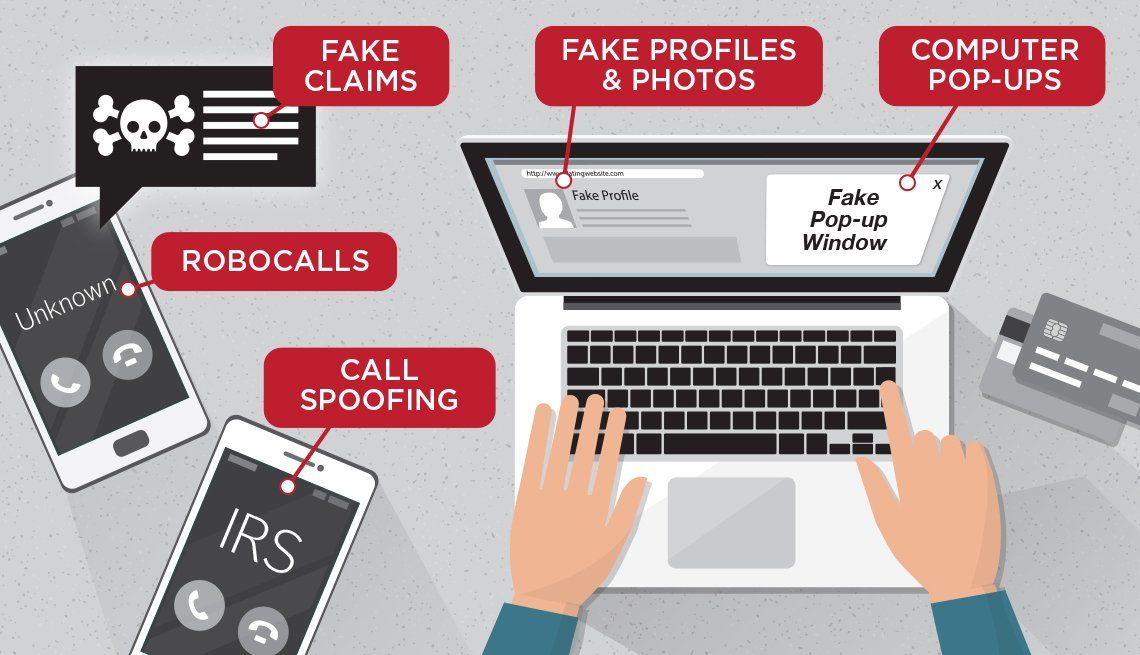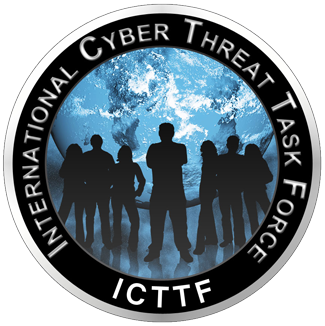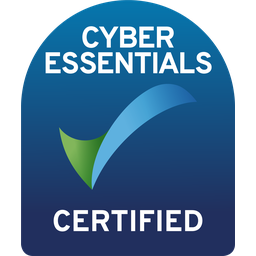
The Return of the Scammers
The threat of cyberattacks has ramped up to take into
account the fallout from banks and financial institutions continuing to
activate their rapid digital transformation. This change is really affecting
people trying to run a business, run a home or simply cope with the soaring
cost of living. The bad actors see the banking sector as an ideal sector to
focus on for the moment.
If matters weren’t difficult enough, the rapid change has seen retail banking contract, with two leading banks calling time on Ireland. Where there is confusion, there is opportunity for growth amongst the dark side of life, with the massive surge in online fraud and the return of the scammer to prey on the fears of the unsuspecting person.
Currently, there are many hundreds of thousands of people, of all ages, trying to close bank accounts and open new accounts. This is not for the faint-hearted, owing to endless challenges that continue to arise.
This is indeed rich fertile ground for the dark, cyber underworld to exploit.

An Garda Síochána has very helpful hints and top tips that come from Fraudsmart.
Look for red flags in emails, texts or social media messages. A clear indication is spelling and grammatical errors, as many messages you will receive have a messy layout and impersonal tone.
Watch out for where the note has come from. Is it a familiar number you have in your phone, or a company or bank? The most recent ones we are seeing are from Amazon.
Impersonation scams have become increasingly common, particularly from bank staff or police. You always have a right to ask for a number and call the person back.
Due to Irish banks’ poor customer service, you may have to wait over 15-30 minutes to talk to someone, but its better to be safe than sorry. Unfortunately, some Irish banks continue to use three questions to authenticate who they are talking with – date of birth or mother’s maiden name. This is continually daft considering how easy it is to access this information.
1) https://www.garda.ie/en/crime/fraud/what-are-the-6-most-common-types-of-fraud-in-ireland-today-and-how-to-avoid-becoming-a-victim-.html
2) www.fraudsmart.ie
3) https://www.centralbank.ie/regulation/how-we-regulate/authorisation/unauthorised-firms/avoiding-scams-and-unauthorised-activity
4) https://www.citizensinformation.ie/en/consumer/common_consumer_problemsscams_and_fraud.html
Listening to his Cyber Task Force Podcast Episode at here.


HEAD OFFICE
-
ICTTF Ltd
Unit 8, Kinsealy Business Park,
Kinsealy Lane,
Malahide,
Co Dublin
K36 CX92 -
info@icttf.org
support@icttf.org -
+353 (0)1 905 3263
